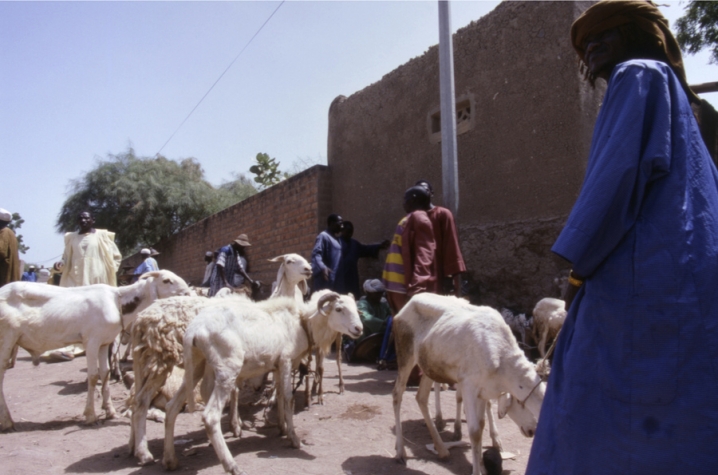Body Politicking Around the World

LEXINGTON, Ky. (Feb. 18, 2010) − One has to wonder how Fashion Week would go down in a Tuareg society. Mandatory meals sandwiched between runway shows probably wouldn’t be as much of an issue in this North African culture.
University of Houston professor Susan J. Rasmussen will shed some light on cultural conceptions of female size within Tuareg communities of the Sahara at 3 p.m. on Friday, Feb. 19 at the William T. Young Library Auditorium.
Rasmussen's talk, titled "Re-Sculpting Body Politics in Anthropology: Insights from the Tuareg Cultural Aesthetic of Female Fatness," is the third and final event of the University of Kentucky Department of Anthropology's 2009-2010 Colloquium Series.
Rasmussen will address issues concerning the body and its societal symbolism, exploring Tuareg concepts of female obesity and its influence in male relationships. There are ranges of meanings for this body type, according to Rasmussen. "Not only are there some variations on actual adherence to this ideal, there are changes in each community related to socioeconomics and gender," she said.
A sociocultural anthropologist with an emphasis on gender, Rasmussen will draw on her research in the Tuareg communities of Niger and Mali, specifically. "I will be comparing the nomadic and settled Tuareg and analyzing the full range of meanings of a bodily aesthetic that is the valuing of a particularly body type," explained Rasmussen. "We would call this body type fat."
The origins of Tuareg fatness are almost a counterpart to the extreme dieting of Western culture. "And both extremes can be equally oppressive, said Rasmussen. "It wasn't fun, because it was coerced. People literally force-fed these women."
"Tuareg female body image operates very differently from the way female body image operates in our own society," said anthropology professor and event organizer Diane E. King. "The Tuareg may have some insights that would be helpful for us."
Rasmussen urges all of us to be alert to wider social and economic processes and their aesthetic standards."Beauty standards aren’t always just skin-deep," she said.
The colloquium is co-sponsored by the College of Arts & Sciences and the College of Public Health.
For more information, contact King at deking@uky.edu.




